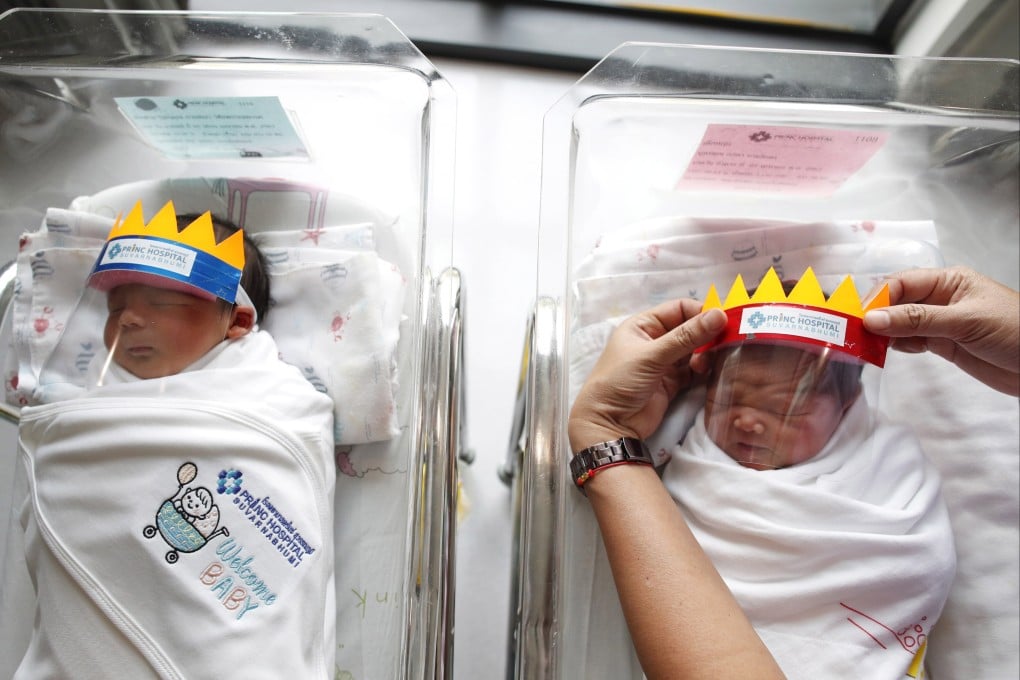Opinion | Born in a pandemic: a lesson in love, patience and perseverance for a new mother
- Having gone through the trauma of an earlier unsuccessful pregnancy, the bittersweet journey to motherhood is a reminder that, even today, the conversation about losing a child remains taboo
- It is by sharing our personal experiences, the losses and the triumphs, that we heal and grow

On April 5, my husband and I welcomed our first child. The baby arrived one month early, weighing only 2.5kg, but was healthy and strong. The thrill was beyond words as I heard his first shrill cry, a sound that symbolised the beginning of my motherhood after a long, bittersweet journey.
Even as I was savouring the moment, I could not help thinking of the baby I lost in 2019 after 22 weeks of pregnancy. For a woman in her upper-30s like me, conceiving her was a blessing. I bought tiny clothes and toys in preparation for her birth, and shared the exciting news with friends and family. Unfortunately, things came to an unexpected and sudden end, and I didn’t even know how to grieve.
I could relate to what Meghan Markle, Duchess of Sussex, wrote in The New York Times last November, that “losing a child means carrying an almost unbearable grief, experienced by many but talked about by few”.
My friend Linda Kasonde, a lawyer and civil society activist in Zambia, wrote of her own experience of losing her baby – and nearly her life – during an emergency caesarean section when she was 28 weeks pregnant in 2016, after suffering a severe form of pre-eclampsia and placenta previa.
Linda suffered post-traumatic stress disorder from the ordeal, which kept her in the maternity ward for two weeks, recovering from organ degeneration amid the wails of other mothers’ healthy babies.
She cried for hours the day her baby died, and was urged to stop crying and “be strong”, or risk falling into depression. “Like millions of mothers before me, I had to pull it together and life had to carry on,” she said.
